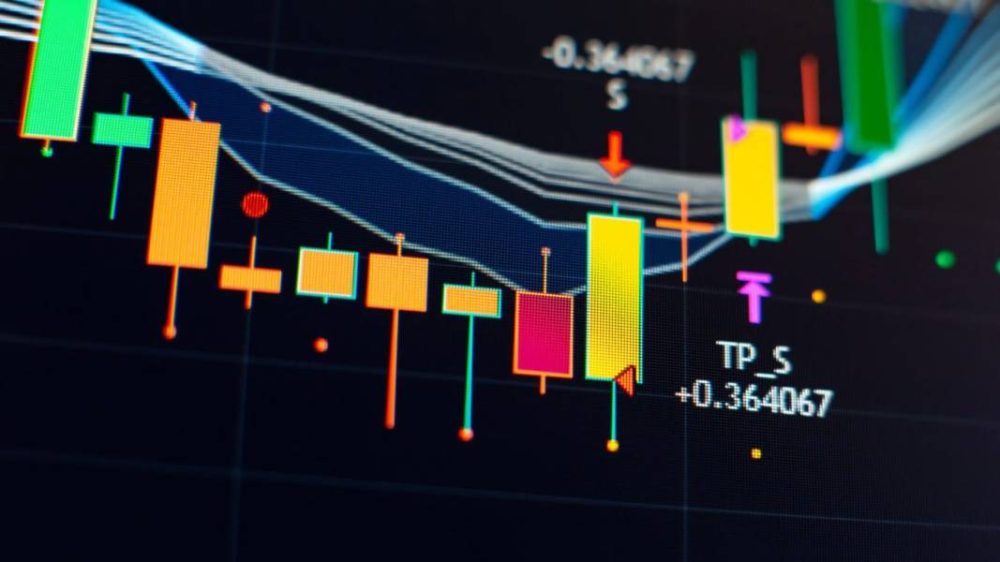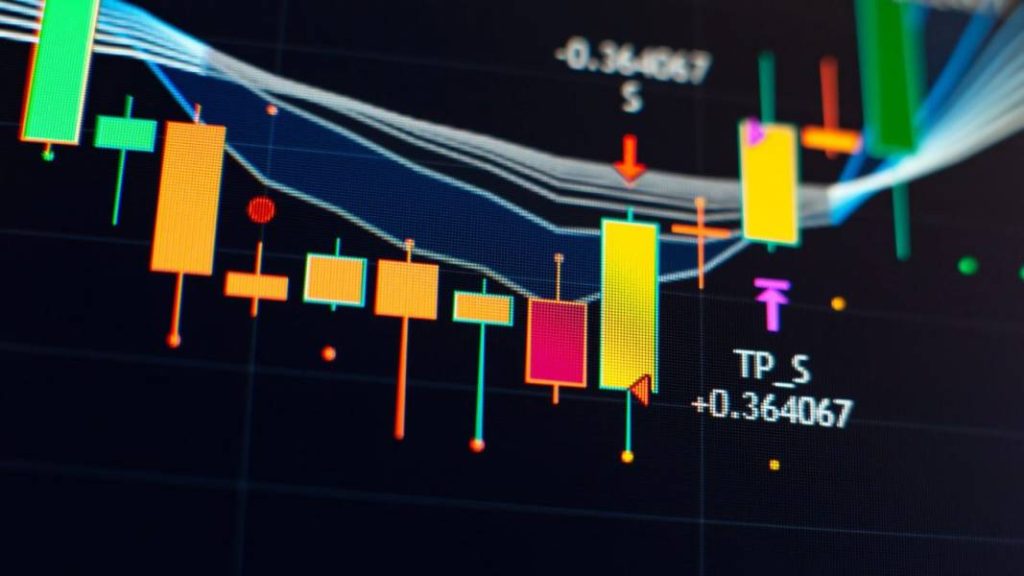Hedge funds and the foreign exchange (forex) market are two prominent entities that often interact in interesting ways. For those new to the concepts, understanding the relationship between hedge funds and forex trading can seem scary, but it doens’t need to be.
Both hedge funds and forex trading reveal a lot about how global markets operate which we will touch on in this article. Read on to find out more about investing strategies and how to get yourself ahead of the game.

What Are Hedge Funds?
Hedge funds are investment vehicles that pool capital from investors and use a variety of strategies to earn returns. They are known for being more flexible than traditional funds, like mutual funds, because they can invest in a wide range of assets.
These include stocks, bonds, commodities, and currencies, among others. Hedge funds often use leverage (borrowing money) and other complex financial instruments to amplify returns, which can also increase risk.
What Is Forex?
The foreign exchange market, or forex, is a global marketplace for buying and selling currencies. It is the largest financial market in the world with extremely high daily trading volumes.
Unlike stock markets, which have physical locations, forex trading is conducted electronically over-the-counter (OTC), meaning it takes place directly between parties rather than on a centralized exchange. The forex market is open 24 hours a day, five days a week, providing ample opportunities for trading.
Why Do Hedge Funds Trade Forex?
Hedge funds are attracted to the forex market for several reasons:
- The forex market is highly liquid so there is always a buyer and seller for every currency pair. This liquidity allows hedge funds to enter and exit positions quickly, often with minimal impact on the market price.
- Hedge funds can employ a range of strategies in the forex market which include macroeconomic bets on currency movements based on economic trends, arbitrage strategies that exploit price discrepancies between different markets, and algorithmic trading, which uses computer programs to execute trades.
- Forex trading allows for significant leverage. In some cases, traders can control a large position with a relatively small amount of capital. While this can amplify gains, it also increases potential losses, making forex trading a high-risk endeavor.
- True to their name, hedge funds often use the forex market to hedge against risks in other investments. For example, if a hedge fund has significant investments in European stocks, it might use forex instruments to protect against a decline in the Euro’s value.
The Impact of Hedge Funds on the Forex Market
The influence of hedge funds on the forex market is substantial due to their significant trading volumes and sophisticated strategies. When hedge funds make large bets on a currency’s movement, it can lead to increased volatility in that currency’s exchange rate. This is because the forex market, while large, can still be sensitive to significant inflows and outflows of capital.
Additionally, hedge funds often have access to more detailed and timely information than individual investors, which they use to inform their trading decisions. This information advantage can sometimes lead to moves in the forex market that seem sudden or unexpected to those not privy to the same data.
Risks Involved
Both hedge funds and the forex market carry inherent risks. Hedge funds are generally less regulated than other types of investment funds, which means they can take on more risk. This lack of regulation can sometimes lead to aggressive strategies that don’t always pan out, potentially leading to significant losses.
Similarly, the forex market’s use of leverage means that even small market movements can lead to large gains or losses. Hedge funds that use high leverage in the forex market can experience substantial volatility in their portfolios.
How Hedge Funds Use Forex for Diversification
Hedge funds often use forex as a tool for diversification. By investing in currencies from different countries, they can spread their risk across various economic regions. This strategy can be particularly useful during times of economic uncertainty, as it allows hedge funds to benefit from movements in currencies that may not be correlated with their other investments.
Trade With Advanced Knowledge
The relationship between hedge funds and the forex market is a complex and dynamic one. Hedge funds are drawn to the forex market for its liquidity, diversity of strategies, leverage opportunities, and potential for hedging.
In turn, their activities can significantly influence currency movements, adding to the market’s volatility. While the potential for high returns exists, so too does the risk, making it essential for hedge funds to carefully manage their forex exposure.
For investors and finance enthusiasts, understanding this relationship provides valuable insights into the broader financial system. It highlights the interconnectedness of global markets and the sophisticated strategies used by some of the largest players in finance.
Whether you’re considering investing in hedge funds, dabbling in forex trading, or just curious about how these markets work, there’s no doubt that the interplay between hedge funds and forex is a fascinating topic worth exploring.

Peyman Khosravani is a global blockchain and digital transformation expert with a passion for marketing, futuristic ideas, analytics insights, startup businesses, and effective communications. He has extensive experience in blockchain and DeFi projects and is committed to using technology to bring justice and fairness to society and promote freedom. Peyman has worked with international organizations to improve digital transformation strategies and data-gathering strategies that help identify customer touchpoints and sources of data that tell the story of what is happening. With his expertise in blockchain, digital transformation, marketing, analytics insights, startup businesses, and effective communications, Peyman is dedicated to helping businesses succeed in the digital age. He believes that technology can be used as a tool for positive change in the world.








